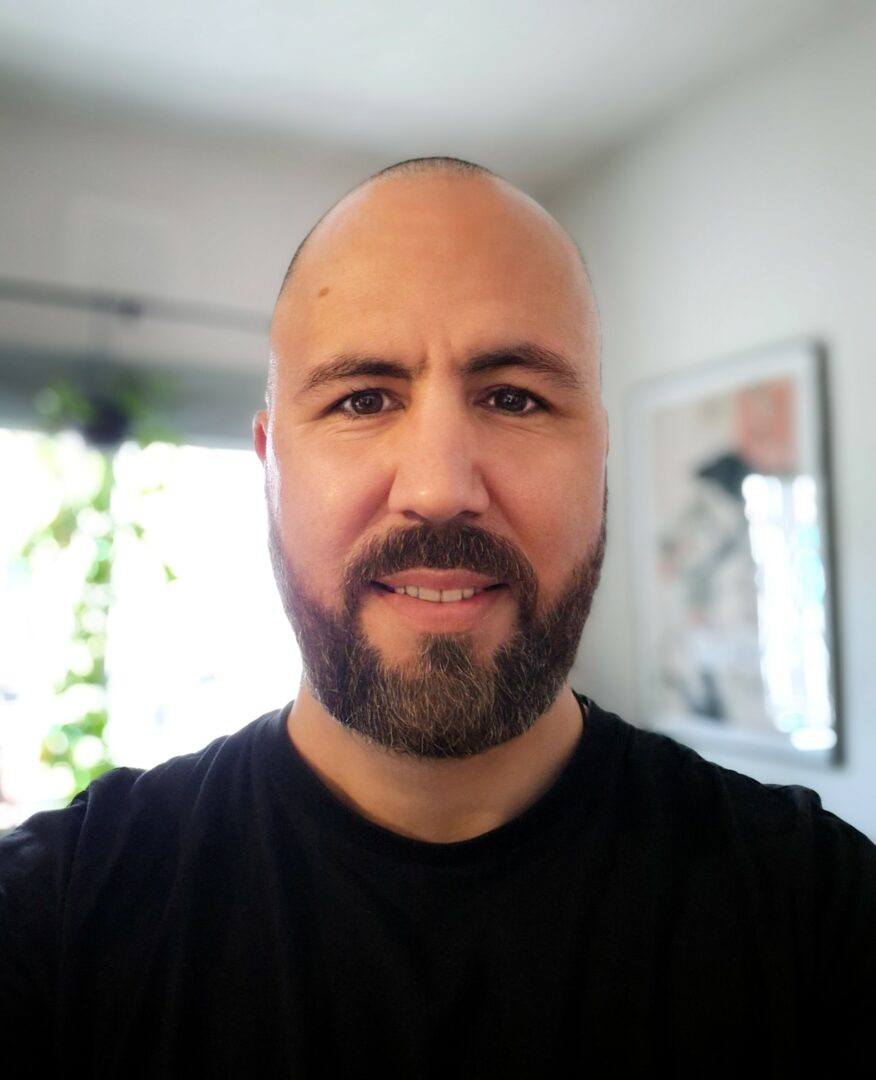We’re excited to introduce you to the always interesting and insightful Andreas Economides. We hope you’ll enjoy our conversation with Andreas below.
Hi Andreas, so happy to have you on the platform and I think our readers are in for a treat because you’ve got such an interesting story and so much insight and wisdom. So, let’s start with a topic that is relevant to everyone, regardless of industry etc. What do you do for self-care and how has it impacted you?
As a psychotherapist, my ability to be present, empathic, and effective, hinges on a foundation of self-care. Therapy is a deeply relational process that requires emotional attunement, patience, and a steady presence. Without tending to my own well-being, I cannot offer my clients the support they deserve. Over the years, I have developed a multifaceted approach to self-care that sustains my energy and enhances my effectiveness in the therapy room.
Exercise is one of my cornerstones. Regular movement, whether it’s running, cycling, stretching, or bodyweight resistance exercises, allows me to discharge the emotional weight I carry from sessions. Exercise not only improves my physical health but also regulates my mood and sharpens my cognitive functioning, ensuring I am present and engaged with my clients.
Another essential aspect of my self-care is singing and writing music. These creative outlets provide an emotional release and a means of expression beyond words. They remind me of the joy and playfulness that can sometimes be overshadowed by the seriousness of my work. Similarly, photography allows me to cultivate mindfulness, capturing moments of beauty and stillness in my surroundings, which helps me stay grounded.
A balanced plant-based diet plays a crucial role in maintaining my energy levels and mental clarity. Eating nutrient-dense foods allows me to remain alert and responsive, while mindful eating practices reinforce my commitment to self-compassion.
Meditation has become an invaluable tool for cultivating emotional balance, enhancing focus, and fostering a deep sense of inner peace. It strengthens my capacity for sustained attention, allowing me to remain fully present with my clients, respond with empathy, and create a therapeutic space that feels safe and supportive.
Socializing with friends and family, and engaging in meaningful discussions with my partner provide emotional nourishment and perspective. These relationships remind me that I am not alone in my experiences and that support is reciprocal.
Personal therapy is another vital aspect of my self-care, offering me a space to explore my inner world and continue my personal growth.
Additionally, I consciously separate my work and personal living spaces. Maintaining physical boundaries helps me mentally transition between roles and avoid the blurring of professional and personal life. I also adhere to a strict limit on the number of clients I see per day and per week to prevent burnout and ensure that I can offer each individual my full attention.
Ultimately, self-care is not an indulgence; it is a professional necessity. It allows me to show up as a regulated, compassionate, and effective therapist. By honouring my own needs, I am better equipped to honour those of my clients, creating a therapeutic environment rooted in empathy, presence, and capacity.
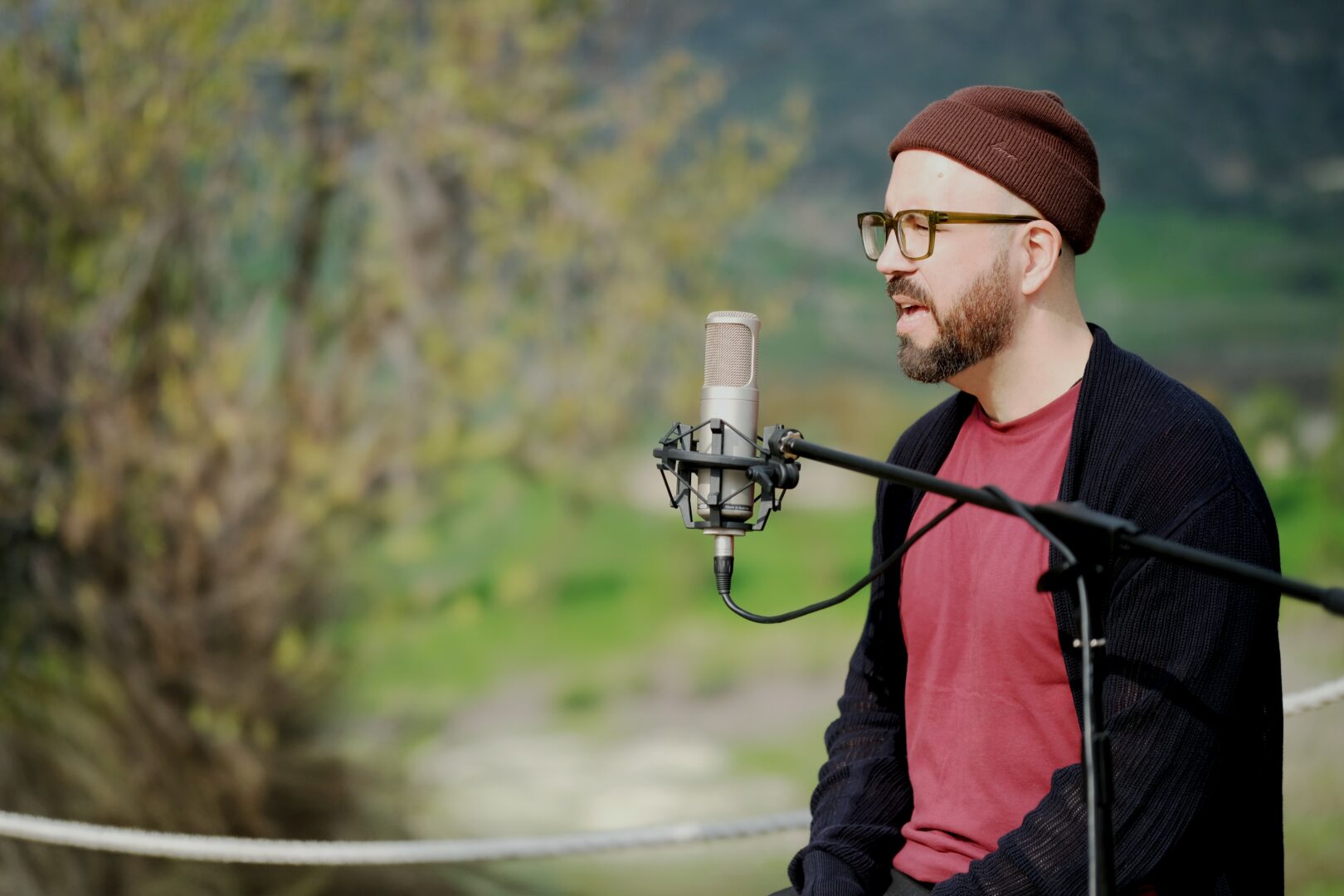
Thanks for sharing that. So, before we get any further into our conversation, can you tell our readers a bit about yourself and what you’re working on?
My professional journey began with a degree in electrical engineering, which led me into a career focused on problem-solving and technical innovation. Seeking to expand my skill set, I pursued a master’s in computer science, which enabled me to take on management roles and navigate the evolving landscape of technology leadership. After a decade in the field, however, I found myself drawn to a deeper exploration of human connection and well-being.
This desire led me to transition into teaching while simultaneously pursuing a degree in psychology and later a master’s in psychotherapy. Teaching allowed me to bridge my technical expertise with interpersonal engagement, providing a meaningful foundation for my evolving career.
After completing my studies, I began working as a psychotherapist in various charitable organizations, offering support to individuals facing significant life challenges. Eventually, I established my private practice, where I could integrate my diverse experiences and tailor my approach to each client’s unique needs. Alongside my clinical work, I have engaged in research, seeking to contribute to the broader understanding of mental health and therapeutic practices.
What excites me most about psychotherapy is its profound capacity to foster healing and transformation. I am particularly passionate about making therapy accessible to individuals on low incomes and those who are neurodiverse, ensuring they have access to affordable, long-term support. Witnessing the growth and resilience of my clients affirms my commitment to this work and drives me to continually enhance my practice.

If you had to pick three qualities that are most important to develop, which three would you say matter most?
Reflecting on my journey, three qualities stand out as the most impactful: self-awareness, empathy, and self-compassion. Developing self-awareness has allowed me to recognize my strengths and limitations, ensuring that I am consistently learning and growing. For those early in their journey, self-awareness can be cultivated through regular reflection, journaling, personal therapy, and seeking feedback from trusted individuals.
Empathy, the ability to deeply understand and resonate with another’s experience, is crucial in building meaningful therapeutic relationships. To nurture empathy, I recommend actively listening to others without judgment, reading diverse perspectives, and engaging in experiences that challenge your worldview.
Self-compassion is equally vital in fostering a sense of self-worth and fulfilment. The ability to treat oneself with kindness during difficult times fosters resilience and prevents burnout. Practicing self-compassion can start with simple habits such as acknowledging one’s efforts, setting healthy boundaries, and offering oneself the same understanding extended to clients.
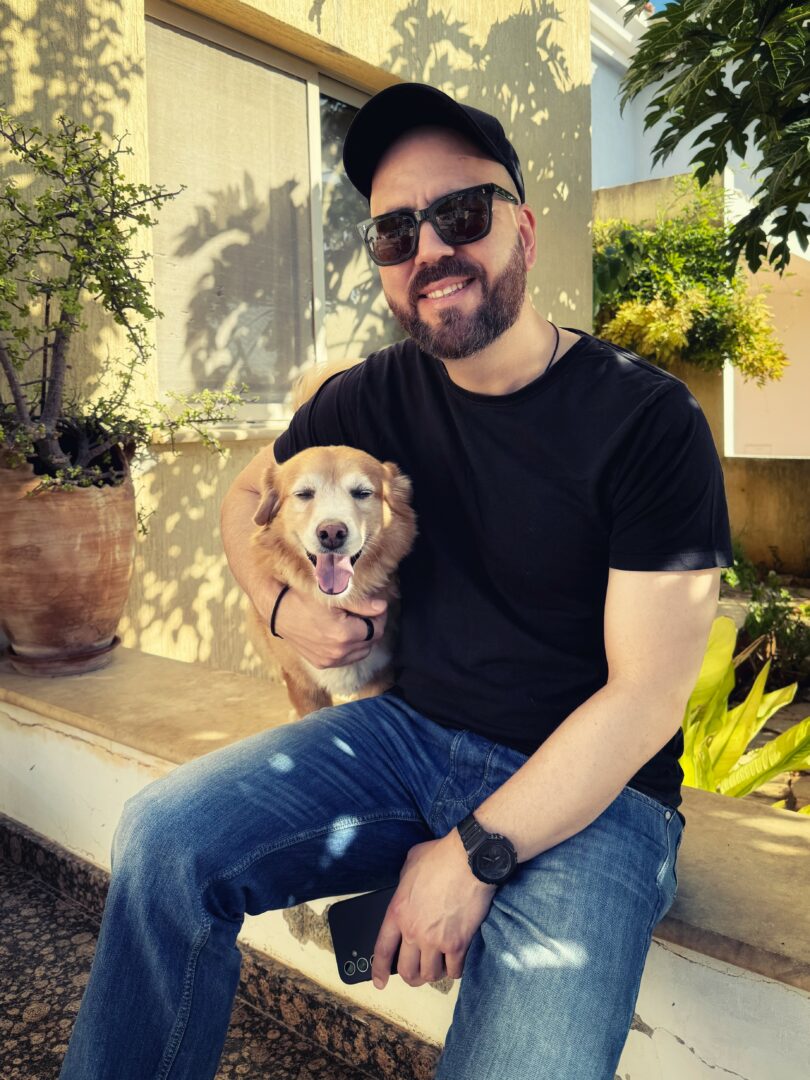
Thanks so much for sharing all these insights with us today. Before we go, is there a book that’s played in important role in your development?
One book that has played a significant role in my development is On Becoming a Person by Carl Rogers. This seminal work provided me with invaluable insights into the essence of humanistic therapy and personal growth. One of the most impactful ideas from the book is the concept of unconditional positive regard—the importance of offering acceptance and understanding without judgment. This principle has shaped how I approach my clients, creating a space where they feel safe to explore their thoughts and emotions openly.
Another key takeaway is the idea that growth occurs when individuals are truly heard and understood. Rogers’ emphasis on deep, empathetic listening has been instrumental in refining my therapeutic presence, allowing me to attune more effectively to my clients’ needs.
Lastly, On Becoming a Person reinforced the notion that authenticity is at the core of meaningful relationships. Embracing my own vulnerabilities and striving for congruence has helped me build stronger connections with clients, colleagues, and myself.
Contact Info:
- Website: https://www.ecotherapia.com
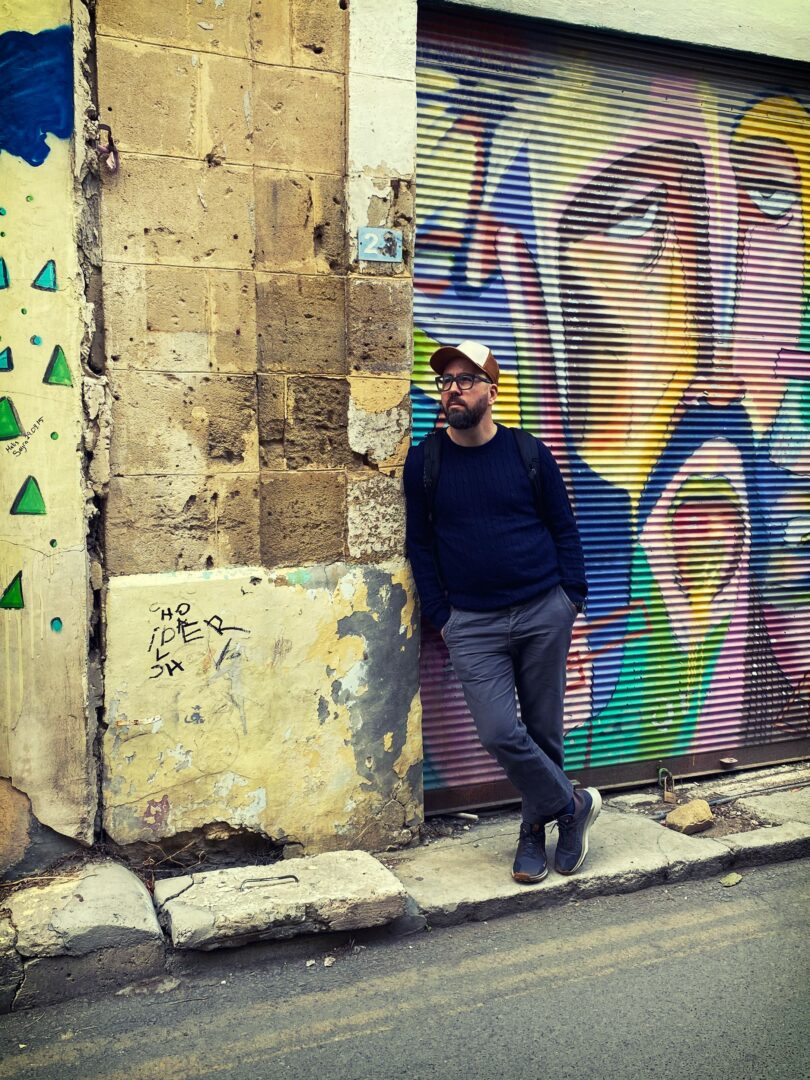
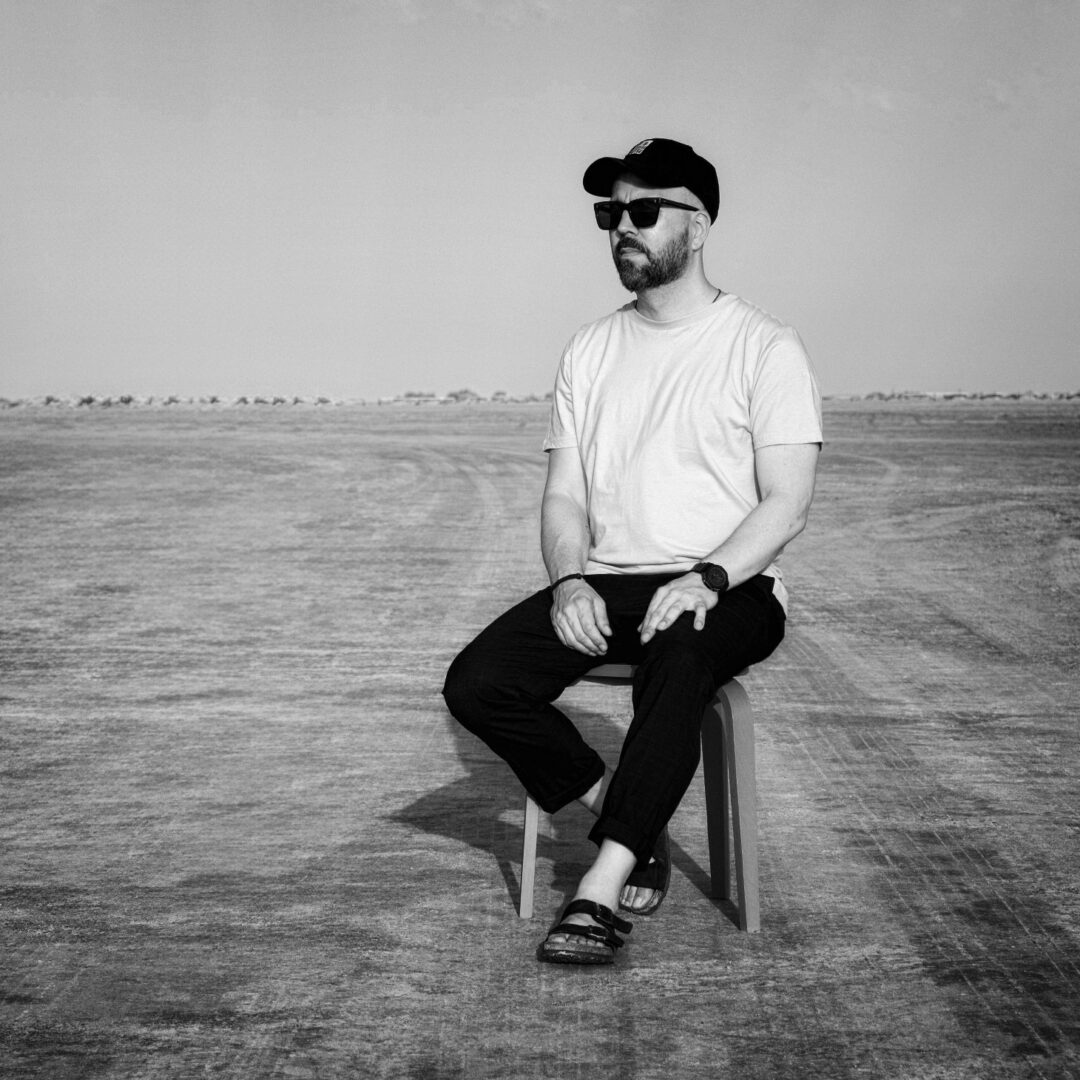
so if you or someone you know deserves recognition please let us know here.

